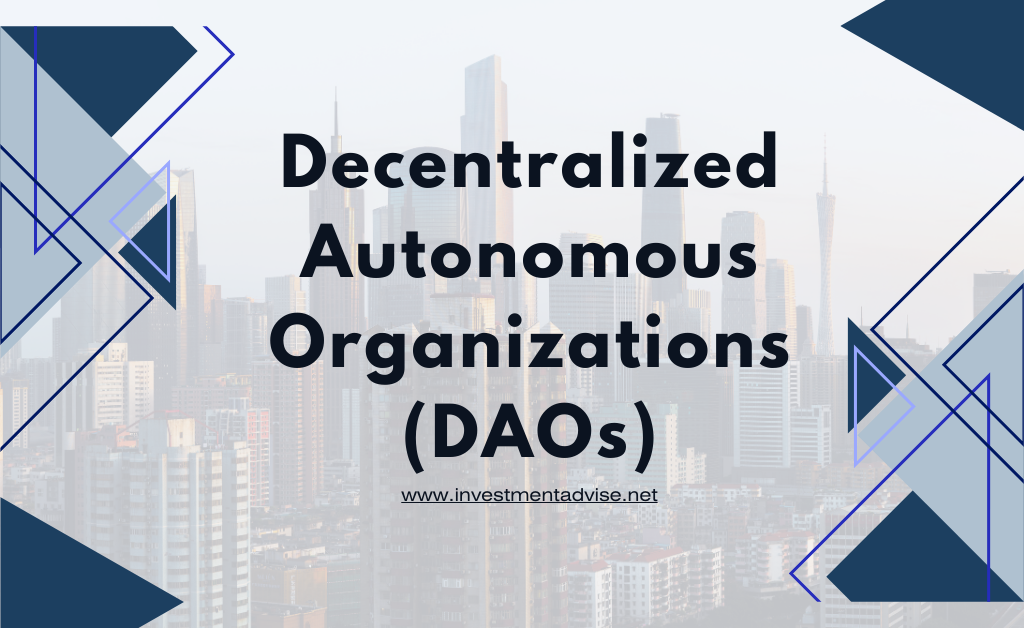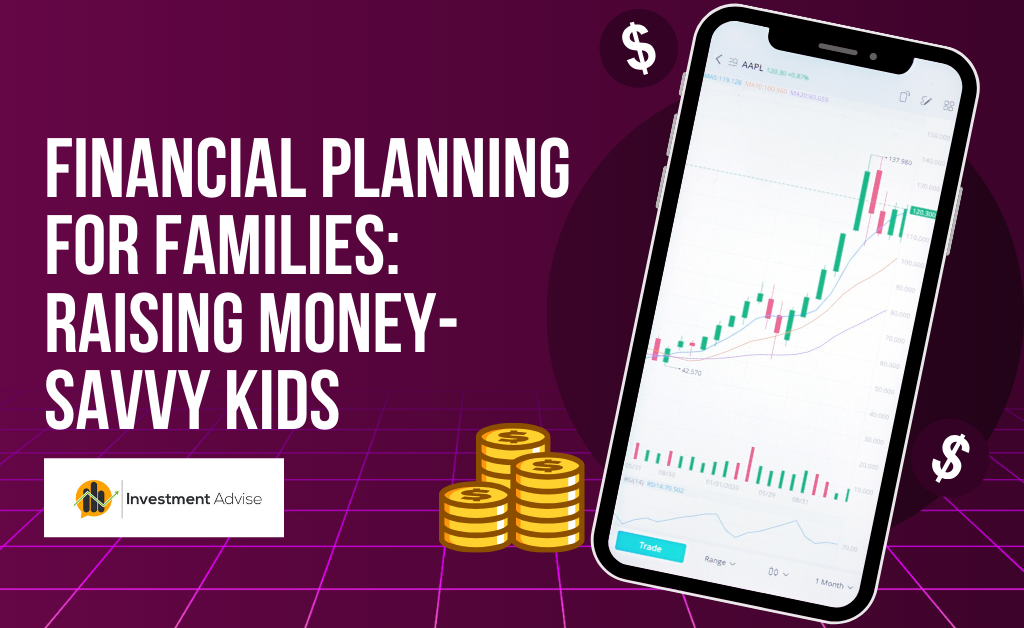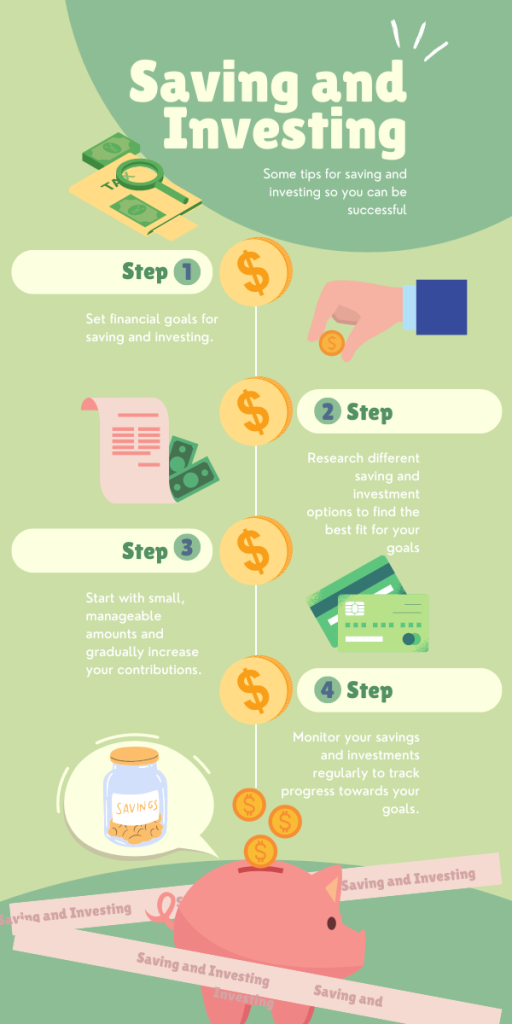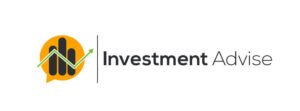The advent of blockchain technology has ushered in a new era of decentralized systems, transforming various sectors from finance to governance. Among the most promising innovations is the Decentralized Autonomous Organization (DAO), a novel organizational structure that operates on a fundamentally different principle than traditional hierarchical models.
At its core, a DAO is a community-owned entity governed by rules encoded as computer programs known as smart contracts. These smart contracts are transparent, immutable, and self-executing, eliminating the need for intermediaries or centralized authority. Members of a DAO typically hold tokens, which represent ownership and voting rights. Decisions are made collectively through a democratic process, with token holders casting votes on proposals.
The decentralized nature of DAOs offers several advantages. Firstly, it fosters transparency and accountability. All transactions and decisions are recorded on a public blockchain, ensuring that everyone can verify the organization’s activities. This level of transparency builds trust among members and reduces the potential for corruption. Secondly, DAOs are resistant to censorship and control. As there is no central point of failure, it is difficult for external forces to interfere with the organization’s operations. This resilience is particularly valuable in regions with restrictive governments or unstable political climates.
Moreover, DAOs can facilitate global collaboration by removing geographical barriers. Members can participate in decision-making and contribute to projects from anywhere in the world, as long as they have an internet connection. This inclusivity opens up opportunities for diverse perspectives and talent to come together, leading to more innovative and effective solutions.
DAOs have the potential to disrupt various industries. In finance, they can create decentralized financial platforms (DeFi) that offer a wider range of financial services without the need for traditional banks. In governance, DAOs can be used to manage community resources, such as public infrastructure or shared assets. Additionally, DAOs can be applied to creative industries, enabling artists and musicians to collaborate on projects and distribute earnings directly to fans.
Despite their potential, DAOs also face challenges. One of the primary concerns is the complexity of governance. Coordinating decisions among a large number of members can be time-consuming and challenging, especially when dealing with complex issues. Additionally, the security of smart contracts is crucial, as vulnerabilities could lead to significant financial losses. Regulatory uncertainty is another obstacle, as the legal status of DAOs is still unclear in many jurisdictions.
To address these challenges, the DAO ecosystem is continuously evolving. New governance models and tools are being developed to improve decision-making processes. Security audits and insurance mechanisms are becoming more common to mitigate risks. As the legal landscape develops, DAOs will likely gain clearer regulatory frameworks, providing them with greater stability and legitimacy.
In conclusion, DAOs represent a promising new model for collaboration that leverages the power of blockchain technology. While challenges remain, the potential benefits of transparency, accountability, and global participation are significant. As the technology matures and the legal environment evolves, DAOs are likely to play an increasingly important role in shaping the future of organizations and communities.


